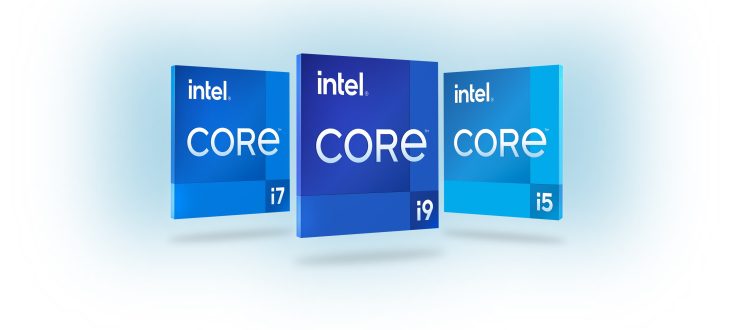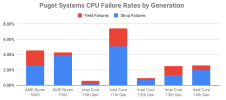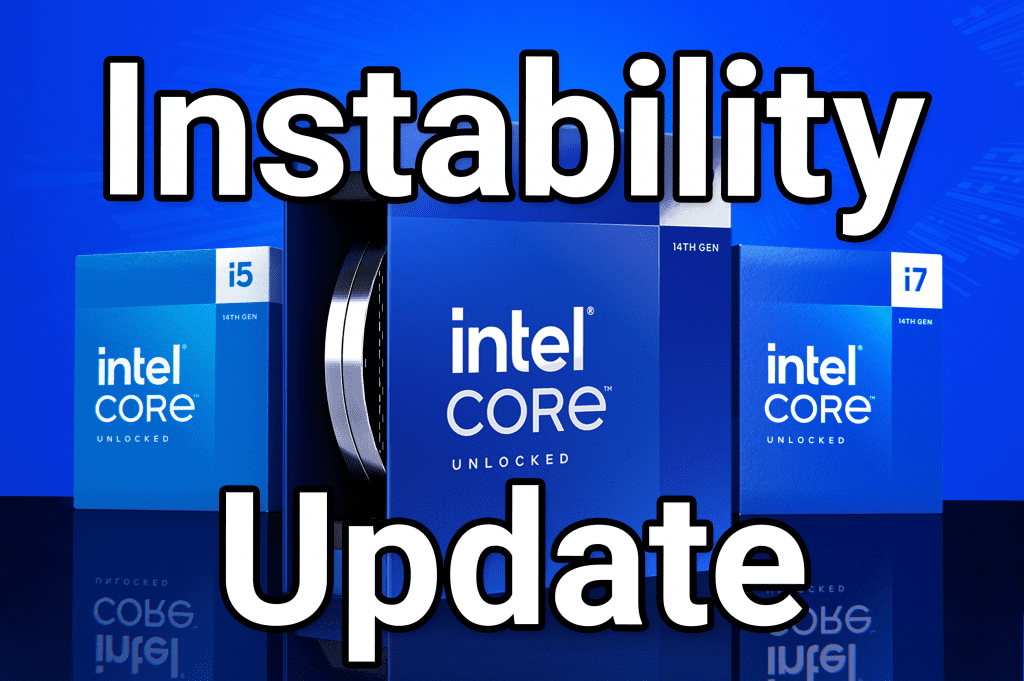But it doesn't need to be competitive with TSMC 3nm, cuz nobody is using that on the consumer side of things. AMD will be on a TSMC 5nm family process probably until 2026 for their consumer CPU's(and even most of their server CPU's). Intel is currently using Intel 7 for their consumer products, and a leap to Intel 3 plus a new architecture seems like it'd be a clear great move. Intel 20A, going by rumored performance of Arrow Lake, sounds like it's very immature and will come with a level of clock regression that is going to neuter most of the IPC gains. Intel 3 likely wouldn't have any such issue, granting a full on PPA uplift.
I also think it's the opposite of Intel 'resting on their laurels'. They are trying to do too much, too quickly. The processes are technically getting pushed out, but in what state and what capacity? Those are super important. Just saying you have 20A means nothing if it's so immature that it has poor characteristics and you've only got like one machine that can build the chips in the whole world anyways.
Intel's problem continues to be the main thing that's been plaguing them for a while now - lackluster execution.

 www.kitguru.net
www.kitguru.net




